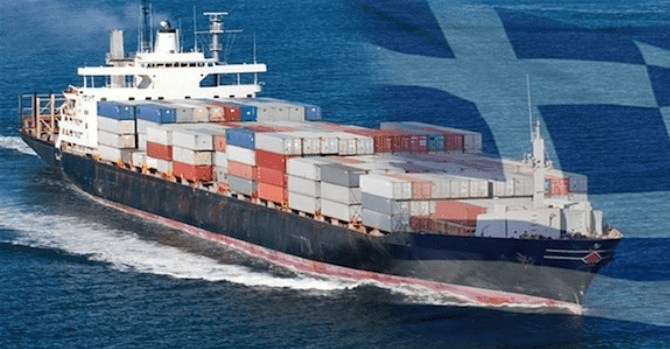Greek shipowners have hit out at “sudden and unacceptable” decision of Turkish authorities to raise the cost of transitting the Bosphorus and Dardanelles, which links the Black Sea with the Mediterranean, by over 400% from 7 October.
Led by the Hellenic Shortsea Shipowners Association (HSSA) the Greeks charge “the sudden and unprecented move” by Turkish authorities “affects the orderly operation of trade and, by extension, shipping”.
“The excessive increase creates huge management problems for the already chartered and agreed charter but also for the vessels under charter and especially for the shortsea shipping vessels that carry out particularly frequent crossings,” said the HSSA in letters to the Greek ministries of Foreign Affairs and Shipping and Island Policy, which called for the immediate intervention of the Greek government.
At the same time, HSSA is in communication with the international organisations, claiming “the unjustified decision of the Turkish authorities actually affects the free movement of goods and opposes the functioning of the international maritime community”.
The last time the fee for passage through the Turkish straits was revised almost 40 years ago and Turkish media reports the move is in accordance with the rights granted to the country by the Montreux Convention, adopted in 1936.
The revision took place in 1983 during this time, due to rising inflation and the value of gold in the world, the Germinal Franc, a conditional currency that was adopted by the UN as a model for calculating Turkey’s income from the straits, increased in price from $0.80 to $4.00.
After the Germinal Franc was no longer in circulation, payments have been made in Turkish lira or dollars, but the value of 1 Franc was still maintained as 0.29 grams of pure gold, regardless of the current exchange rate.
With the new charges, Turkey’s current annual revenue of $40m is expected to rise to $200m.
At the end of February, Turkey closed the Bosphorus and Dardanelles straits for the movement of warships. After that, traffic in the straits has stopped many times – for example, at the end of March for demining, and in the middle of April.
In April, the government of Turkey confirmed the construction project of the Istanbul canal, which should help make the Bosphorus strait less loaded. Local officials noted the operation of the Bosphorus is becoming increasingly risky due to the increase in cargo traffic.
In the last five years, the number of ships passed through it annually averaged 42,000. This is about three times more ships than pass through the Suez Canal and four times more than through the Panama Canal. At the same time, the percentage of dangerous goods transported by them has also increased from 25% a decade ago to 35% now.
